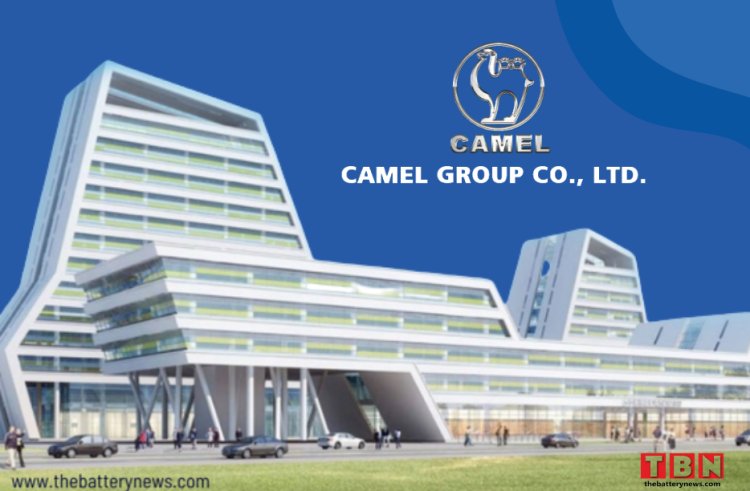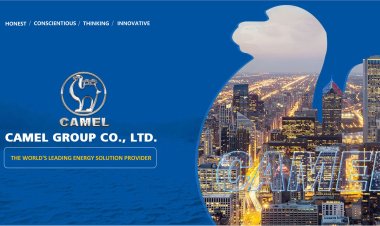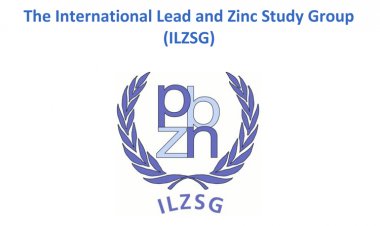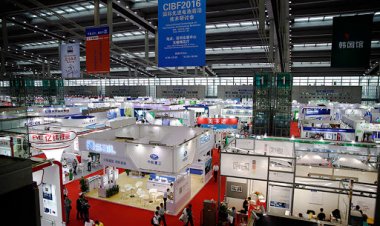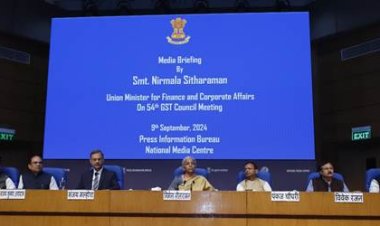|


Camel have their establishment in various countries across different continents of the world as Malaysia, US, Germany and China. They are supplying batteries to more than 200 OEMs, to many major automotive manufacturers of the world apart from the replacement market. They are exporting to 64 countries in the world. Camel's battery will also be available in the lithium range in addition to lead acid. They have 2 GWh Annual Lithium-ion Battery Production Capacity for EVs.
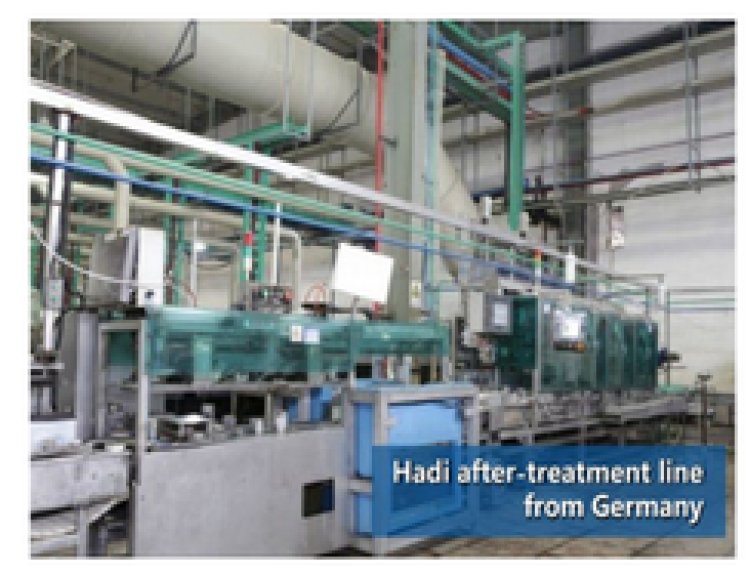
To maintain the reliability and quality of the battery, this factory in Malaysia is using the world's highest quality machines. Grid construction takes place on Sovema's state-of-the-art expanded grid casting, Punch Grid casting and Wirtz's con cast and con-roll type production line. The automatic battery assembly line is set up by England’s TBS company. A special mixture of Lead and other metals in grid alloy is used to make the grid life 30% more.
Every level of production is checked with advanced testing equipment and the important thing is that each battery is monitored even after sales so that the battery users at any level do not have any problems due to the battery.


Camel makes about 400 types of batteries and its annual sales are about $ 2.5 billion. Over 3% of the total sales revenue is invested in R&D to make products technologically most advanced and to develop new energy product. This amount comes to about 75 million US dollars or about 600 crores Indian Rupees per year. They have 4 R&d centers across the world. These centers are served by more than 300 R&D staff.
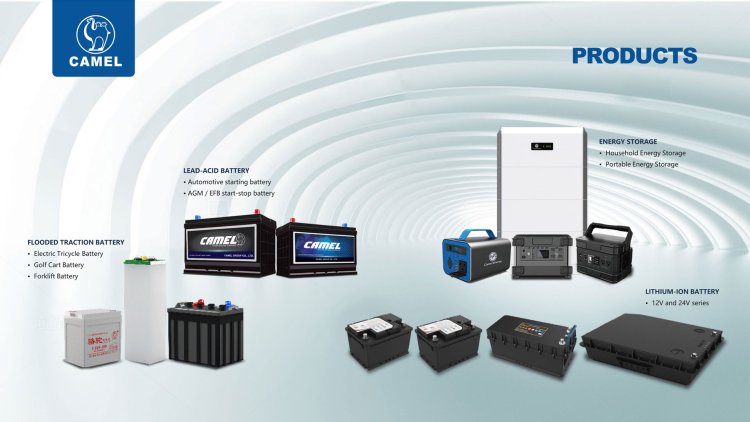
Camel also makes batteries made of pure LEAD in addition to traditional LEAD acid batteries. In the world, this battery is considered superior to other battery types according to the total cost for the use of standby application type.
It is a good thing for high-quality products to come to India. Hope this will increase competition in quality. It remains to be seen how it will affect small and medium-sized battery units.

|
